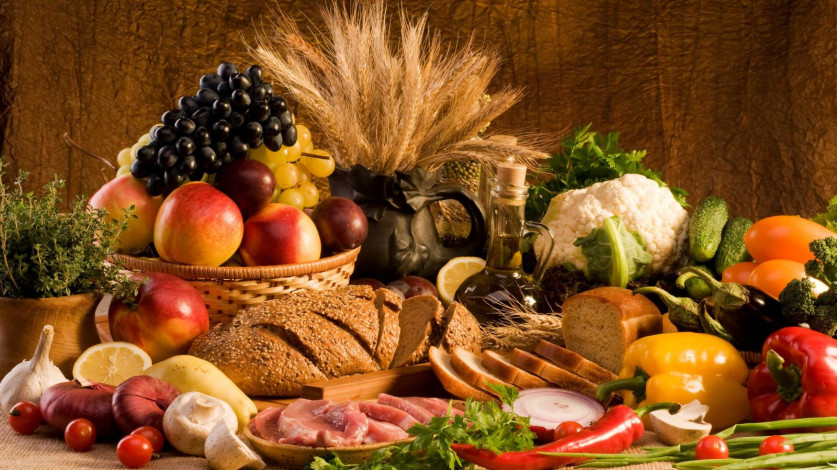
File Photo
While food inflation eased to 4.19% in December, the lowest since January 2022, thanks to a sharp fall in prices of vegetables, edible oil, meat products, and pulses, prices of various commodities such as spices, cereals, and dairy products continued to rise. Being at a high level within supply constraints.
Noting that a sharp correction in vegetable prices has moderated food inflation, Crisil said prices of most other food groups have increased year-on-year. Cereals, which were the main contributor to inflation exceeding 7% for most of the first half of this fiscal, rose 13.8% in December.
“It is not a broad-based decline in food inflation, the fall is due to the most volatile part of the basket, that is vegetables,” DK Joshi, chief economist, Crisil told FE. Joshi said there remains stickiness in other components such as cereals where the wheat crop got hit last year while rice production is likely to decline this year. Wheat and rice inflation was at 22.2% and 10.49% respectively in December 2022 on year.
As per the agriculture ministry, wheat output in the 2021-22 crop year (July-June) declined by around 3% on year to 106.8 million tonnes (MT) because of heat waves during the flowering stage of the crop in March last year. India’s rice production in the current Kharif season for the 2022-23 crop year (July-June) is expected to decline by around 6% to 104.99 MT against 111.76 MT in 2021-22.
In May 2022, India banned wheat exports for ensuring domestic supplies while in September 2022, the government also banned broken rice exports as well and put additional export duties of 20% on certain varieties of non-basmati rice exports.
Spices inflation was 20.35% in December 2022 as prices of jeera (cumin seeds), dhania, turmeric, and black pepper rose by 25.25%, 22.53%, 7.7%, and 10.18% respectively on the year.
Comment Now